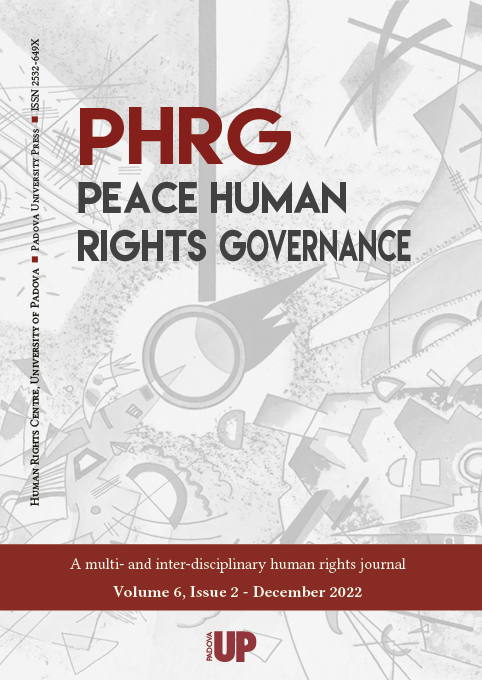Raccolte

New perspectives on the mitigation of gender bias in AI by EU regulations
- Tipologia pubblicazione
- Articolo / Saggio
- Pagine
- 111-136
- Lingua
- EN
Artificial intelligence is part of people’s lives, but most are unaware of its presence. The so-called artificial intelligence revolution is one of the challenges that States need to manage. Nevertheless, there is not even a common definition of what can be considered artificial intelligence. Gender bias is an ancient human societal problem that can now be found in AI-driven technologies. The consequences of gender bias in AI are even worse, considering the amplification of its impact on the decision-making process. For a long time, scientists held a belief in the objectivity of artificial intelligence, ignoring this problem. Now the focus is on how to overcome this issue inherited from humans. The European Union has a leading role in developing an ethical alignment of the development of AI with fundamental rights. However, when it comes to addressing and mitigating gender bias in AI, hard and soft laws have gaps that perpetuate gender inequalities. This article aims to provide some intellectual nourishment to explore these gaps and the possible effects on women’s rights protection in the Ethical Guidelines developed by the European Commission and the project for an AI regulation, the AI Act. What emerges is that gender bias in AI is a social and technical problem that must be addressed on those two fronts, not only on the technical side. Therefore, legislators struggle to manage it in a way that some change can be “mis en place”. To conclude, this article proposes new perspectives to mitigate gender bias in AI, considering the existing and upcoming legislation on the matter. The article offers new perspectives based on a comprehensive approach involving strengthening stakeholders engagement since, with the AI revolution, gender bias in AI has became a cross-border matter.

